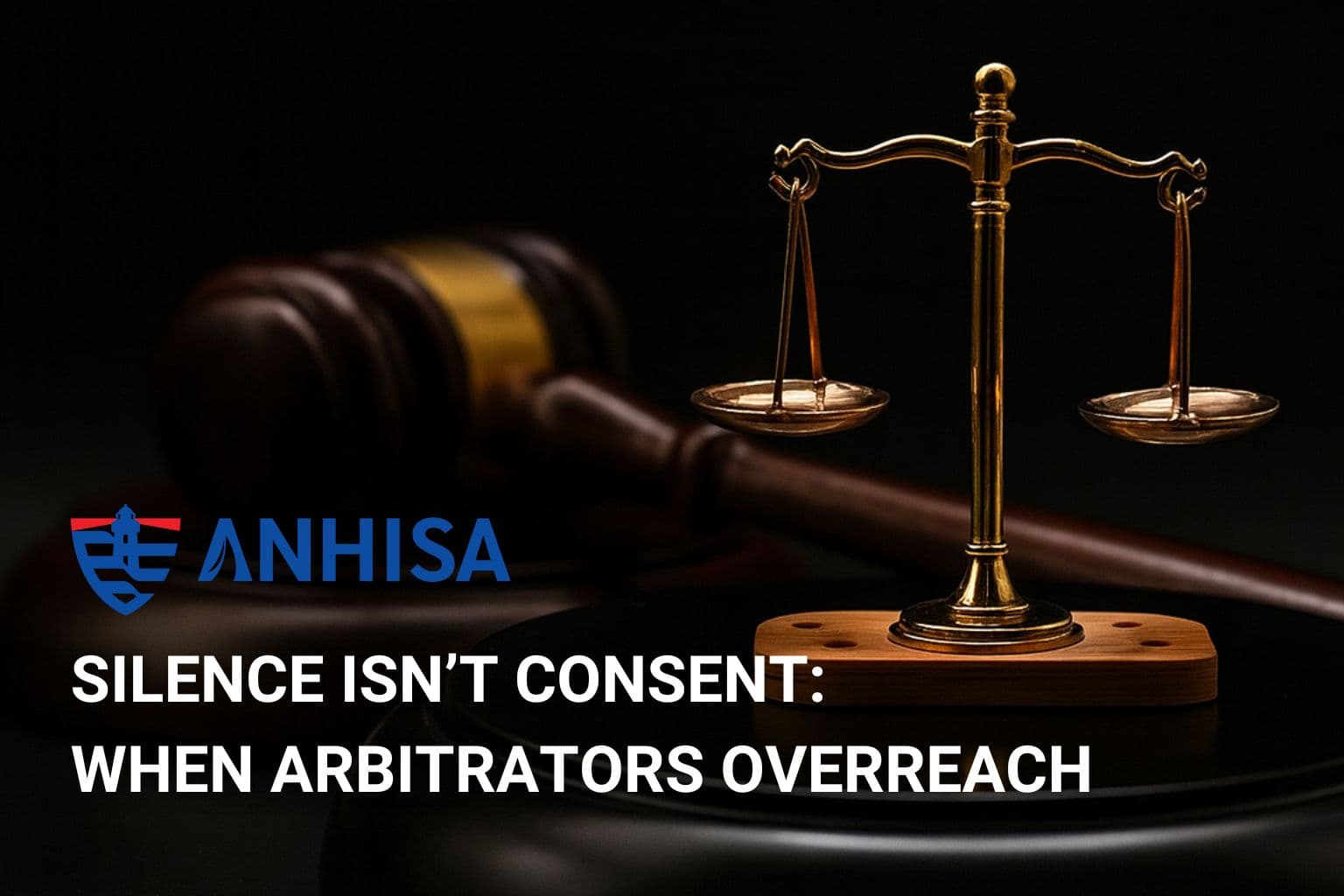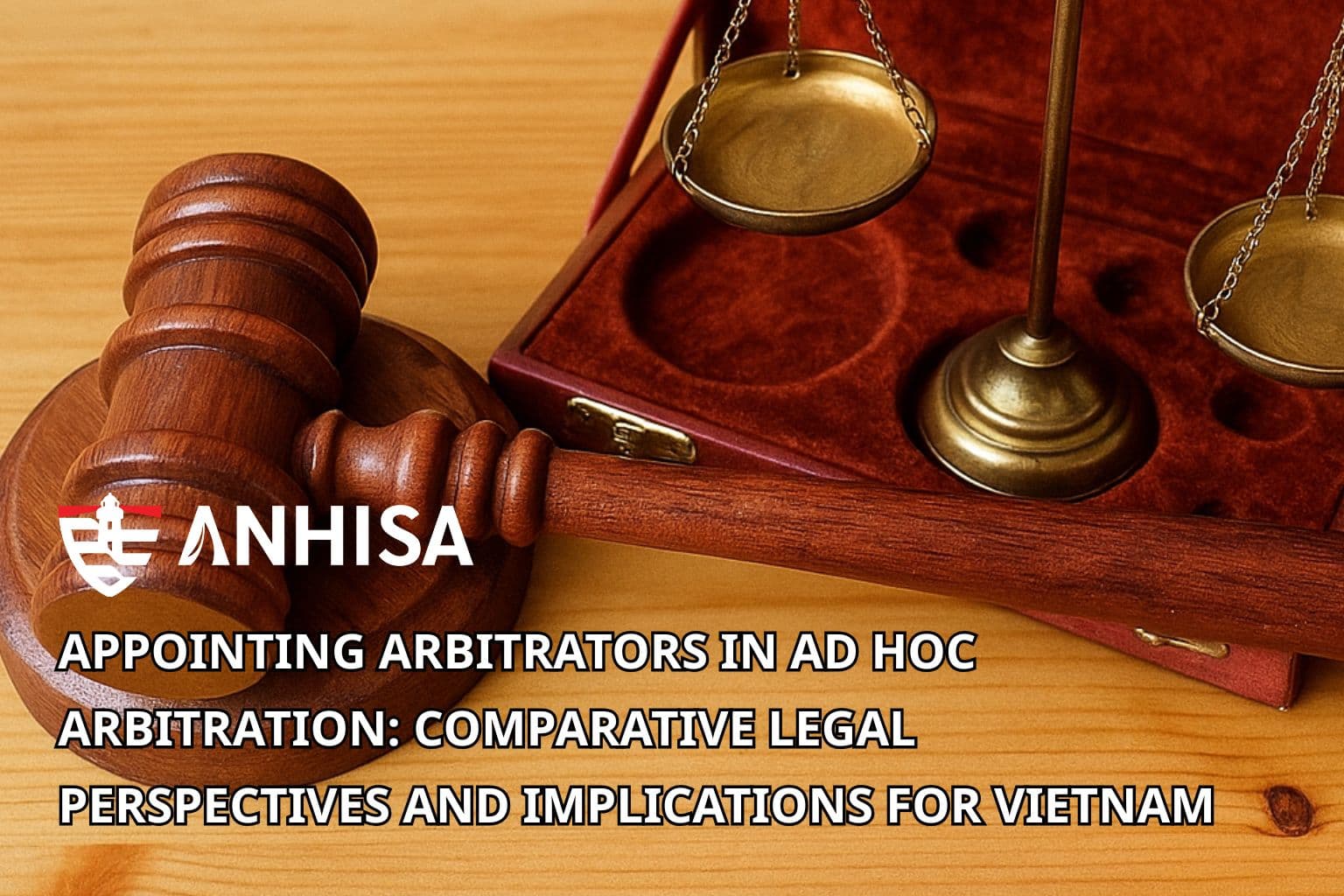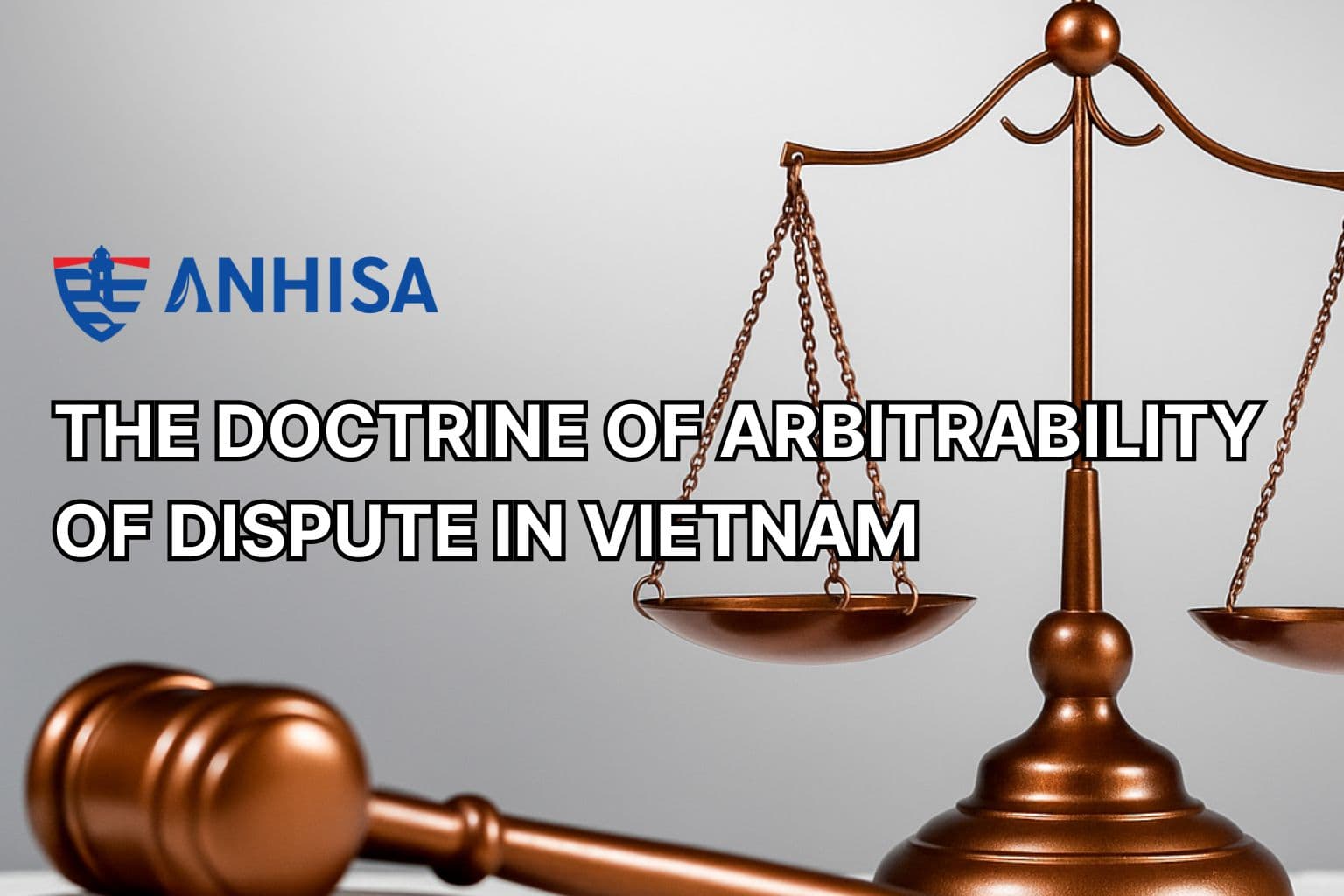[A SERIES OF ARBITRATION NOTES] Episode 2 | Interim measure in Japan international commercial arbitration – an innovative application
December 26, 2024
Foreword
At ANHISA, we are committed to providing innovative, client-focused solutions in complex cross-border disputes using friendly dispute resolutions. International commercial arbitration is well-recognized for all its advantages when resolving cross-border disputes, like rapid resolution, simplified procedure, cost efficiency, and confidentiality.
A recent case demonstrated the powerful application of interim measures under Japan’s newly amended Arbitration Act, which came into effect in 2023. This legal development allows for the enforcement of interim measures, a critical advancement in arbitration practice. In collaboration with our Japanese co-counsels, we successfully navigated a high-stakes dispute involving a Bareboat Charterparty, showcasing how strategic use of interim relief can preserve the rights of our clients and help resolve disputes efficiently, even before the final arbitral award is issued.
In the realm of international arbitration, interim measures provide an essential tool to maintain fairness and preserve the rights of parties amid complex disputes. At ANHISA, we recently navigated quite an “innovative” arbitration case under Japan newly amended Arbitration Act, exemplifying the advanced use of interim measures to safeguard our client’s interests. This case highlights how leveraging both local expertise and international arbitration principles can lead to practical, client-centric solutions.
A practical example shows that the Charterer under a Bareboat Charterparty, went into the dispute arising out of the Charterparty here the Owner unilaterally terminated the contract and went for arbitration in Japan due to their assumption of the Charterer’s breach of contract. However, with the firmed belief that there was no breach of contract, the Charterer determined to pursue the case and claim their rights.
Traditional dispute resolution mechanisms, including negotiation and mediation, proved unfruitful in this case. Given the urgency and high stakes involved, ANHISA, in collaboration with our Japanese co-counsels, turned to an innovative legal strategy: invoking Japan’s newly amended Arbitration Act, which just came into force on 01 April 2024 to request an interim measure. The goal was to restore the status quo and ensure that the parties’ rights under the contract remained intact while the case was adjudicated.

The Strategic Use of Interim Measures
While leading arbitration hubs universally recognize the tribunal’s authority to issue interim or conservatory measures, which, as outlined in their rules, are often extensive, like Article 28.1 of the ICC Rules 2021 says that “order any interim or conservatory measure it deems appropriate.” , the amended Japanese Arbitration Act, tribunals are empowered to grant interim relief where necessary to prevent irreparable harm or protect legitimate interests.
Under this new Act, we found that it is now a mechanism available for an arbitral order for interim measures in Japan to have legally binding status. These interim measures can be categorized upon purposes including:
- preserving assets for the award enforcement in debt to the award creditor;
- restoring the status quo of the rights between the parties;
- prohibiting conduct harmful to the arbitration; and
- preserving evidence.
Accordingly, the interim measure was to request after the tribunal scrutinizes the parties; arguments and examines the evidence, or even cross-examine the parties with in-person testification before the tribunal. This proactive approach aligns with the expanded power granted to tribunals under the new law, allowing them to address merit-related matters even at a preliminary stage. Once the interim measure was applied, it should also take around a quarter for revision and render of an award which is quite time and cost-efficient for both parties to sneak a peak at their final outcome and have a more suitable strategy which may encourage negotiation or mediation afterwards instead of chasing to the edge.
Thus, it can be seen that the amended Arbitration Act of Japan mirrors provisions in internationally recognized rules in both scope of the toolkit and the proceedings such as:
- Article 26 of the UNCITRAL Arbitration Rules: Allows tribunals to issue interim measures to preserve the status quo, secure assets, or protect rights.
- Article 28 of the ICC Arbitration Rules: Permits parties to seek urgent interim relief before an arbitral tribunal or emergency arbitrator.
- Rule 26 of the SIAC Rules: Focuses on expedited interim relief in time-sensitive disputes.

Innovations in Japan’s Arbitration Framework
One notable key innovation introduced by the 2023 amendments is the expanded scope of interim measures available to tribunals. Now, tribunals can issue measures not only to preserve the assets in dispute but also to maintain or restore the status quo between the parties before the final arbitration award is rendered. This is a significant advancement, particularly in complex commercial disputes, where prompt and decisive action is necessary to avoid further harm to the parties involved.
Through this case, we found that recent amendments to the Arbitration Act of Japan in 2023 have brought about a more modern and flexible framework, particularly in terms of interim measures. It now allows tribunals to grant interim measures that might have been more challenging previously either in application or enforcement as per our experience. Under Japan’s previous Arbitration Act, we were not advised of a mechanism to enforce interim measures ordered by the tribunal until the final arbitral award was issued. However, recent amendments to Japan’s Arbitration Act now can permit the enforcement of certain types of interim measures issued by the tribunal, aimed at preserving rights and evidence while awaiting the final award.
From the Charter’s view in general and in our Client’s circumstance in specific, we do hope that an interim award in the form of restoring the status quo of the parties’ rights under the contract could be rendered to protect the Charterer’s rights by clarifying the substantial matters early in the proceedings, long before the final arbitral award.
ANHISA’s Commitment to Client-Centric Solutions
ANHISA remains steadfast in its pursuit of excellence, offering tailored solutions that address the unique challenges of cross-border disputes.
Our approach in this case demonstrates how interim measures, though often perceived as ancillary remedies, can serve as a cornerstone of dispute-resolution strategies. The use of interim measures here is just a sharing of how developed we found the Japan Arbitration Act is now and of how we strive to stay at the forefront of legal developments by constantly updating and leveraging the most advantageous instruments available to safeguard the Clients’ interests.
ANHISA LLC AND OUR EXPERTISE
ANHISA LLC is a boutique law firm specializing in Dispute Resolution, Shipping and Aviation. Being the leading lawyers in various fields of law, our qualified, experienced, and supportive team of lawyers know how to best proceed with a case against or in relation to Vietnamese parties and are well equipped to provide clients with cost-effective and innovative solutions to their problems. Regarding dispute resolution, we have represented Vietnamese and foreign clients in the resolution of disputes involving maritime, construction, commercial and civil matters. Our lawyers are well-equipped to offer services on a wide range of disputes and conflicts, whether cross-border or purely domestic, to appear before any Judges or Arbitral Tribunals. The firm is prepared to assist clients in designing the appropriate dispute resolution procedure to help resolve conflicts as efficiently and cost effectively as possible, which may involve combining elements of mediation and other methods such as arbitration.
AUTHORS
DANG VIET ANH
Managing Partner
Mobile: (+84) 983 467070
Email: anh@anhisa.com
NGUYEN THI TUYET MAI
Senior Associate
Mobile: (+84) 939 117398
Email: mai@anhisa.com
PHAN MINH PHUONG
Associate
Mobile: (+84) 332 245449
Email: phuong@anhisa.com
This article aims to furnish our clients and contacts with general information on the relevant topic for reference purposes only, without creating any duty of care on the part of ANHISA. The information presented herein is not intended to serve, nor should it be considered, as a substitute for legal or other professional advice.
Related posts

SILENCE ISN’T CONSENT: WHEN ARBITRATORS OVERREACH
November 27, 2025

APPOINTING ARBITRATORS IN AD HOC ARBITRATION: COMPARATIVE LEGAL PERSPECTIVES AND IMPLICATIONS FOR VIETNAM
October 08, 2025

PARTIES TO AN ARBITRATION AGREEMENT
October 01, 2025

THE DOCTRINE OF ARBITRABILITY OF DISPUTE IN VIETNAM
September 24, 2025
- EMAIL:
- om@anhisa.com
- office@anhisa.com
- TEL:
- Hanoi Office: +84 24 320 47609
- Saigon Office: +84 28 5416 5873
- HOTLINE:
- +84 (0) 939 117 398
- +84 (0) 983 488 380

